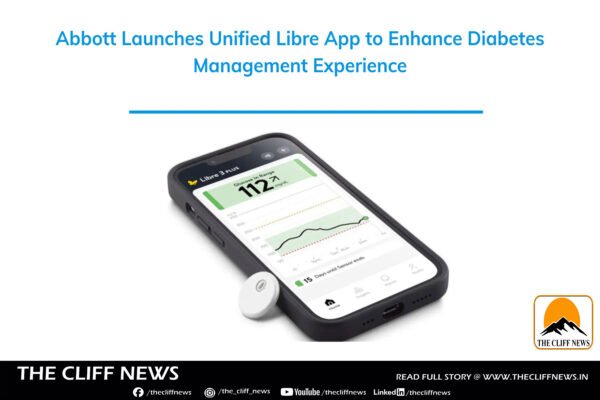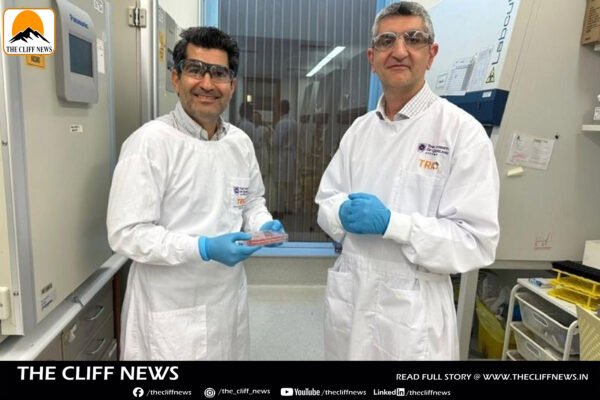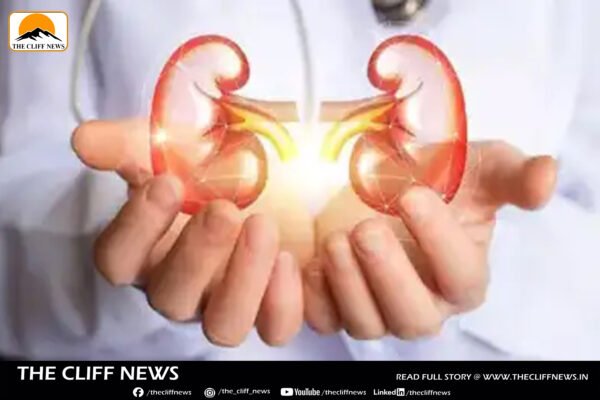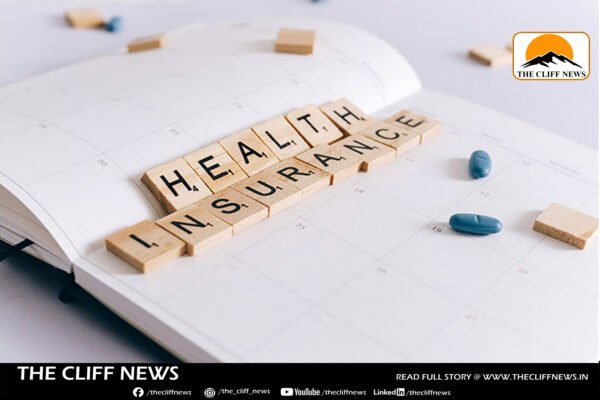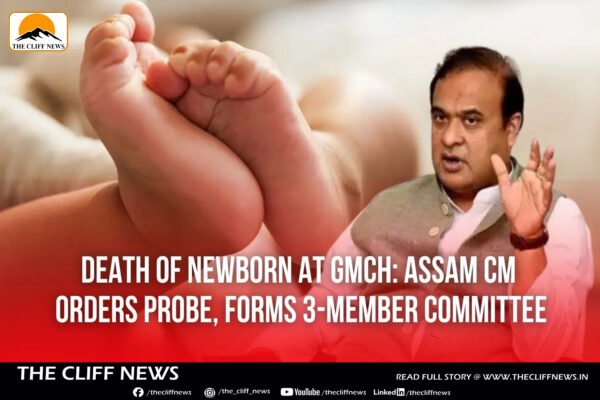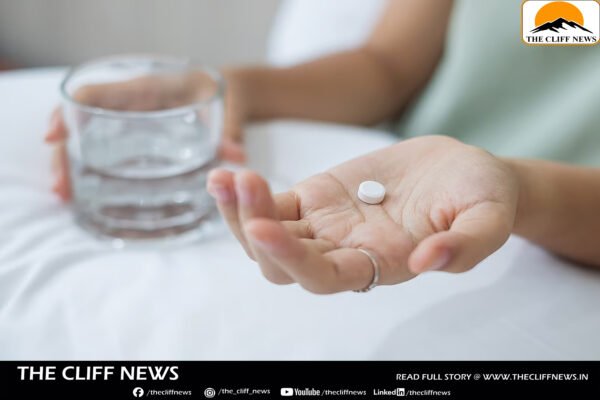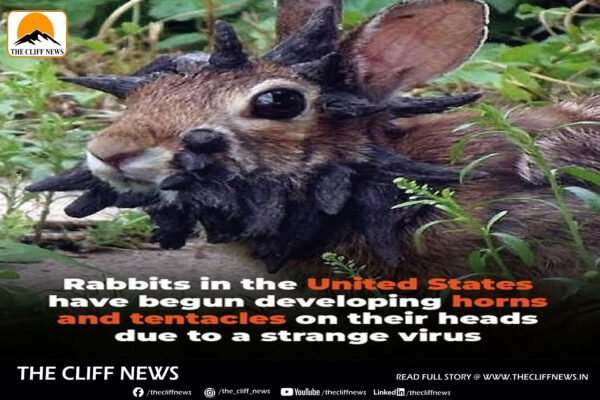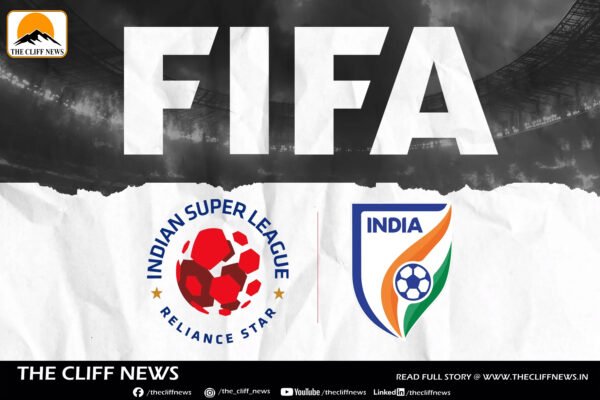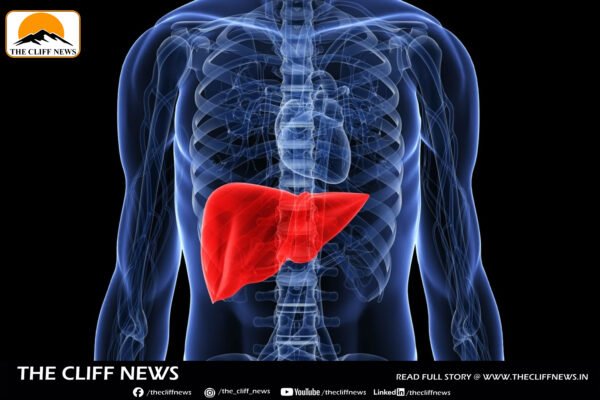Hyderabad-based Aurobindo Pharma has emerged as the leading contender to acquire Prague-based generic drugmaker Zentiva from Advent International in a deal valued at $5–5.5 billion (₹43,500–47,900 crore), according to people familiar with the matter. If concluded, this would mark the largest-ever acquisition by an Indian pharmaceutical company, surpassing Daiichi Sankyo’s $3.2 billion takeover of Ranbaxy in 2014 and Biocon Biologics’ $3.3 billion acquisition of Viatris’ biosimilars business. Final Stages of Negotiation Aurobindo is competing closely with US private equity firm GTCR, with both sides locked in final negotiations. Price discussions have reportedly been settled, and a formal announcement could come within the next month, said one executive involved in the talks. Advent, which acquired Zentiva seven years ago, has been working with Goldman Sachs and PJT Partners since late 2024 to explore exit options. Other global private equity firms, including TPG, and pharma rivals were also approached before the process narrowed to two contenders. Expansion in Europe The acquisition would give Aurobindo a significant boost in its European operations, particularly in Czech Republic, Romania, and Slovakia, where Zentiva has a strong presence. Analysts say eastern Europe is an attractive market due to steady government-led procurement of medicines, which ensures stable returns compared to the aggressive price erosion faced in the US market. Zentiva generated revenues of €1.7 billion ($1.98 billion) in 2024, with an EBITDA of €400 million ($467 million). Aurobindo already derives the highest share of revenues from Europe among Indian peers, and the deal could further consolidate its position. Financing the Deal Aurobindo, with a current market capitalization of ₹63,684.9 crore ($7.4 billion), has reportedly secured a $4.75 billion credit line from MUFG as a bridge loan, while the remaining $800 million is expected to come from internal accruals. While analysts acknowledge the boldness of the move given ongoing geopolitical uncertainties and tariff threats, industry experts see the acquisition as a game-changing bet to strengthen Aurobindo’s global footprint. Neither Aurobindo Pharma nor Zentiva responded to queries, while Advent International and MUFG declined to comment.
